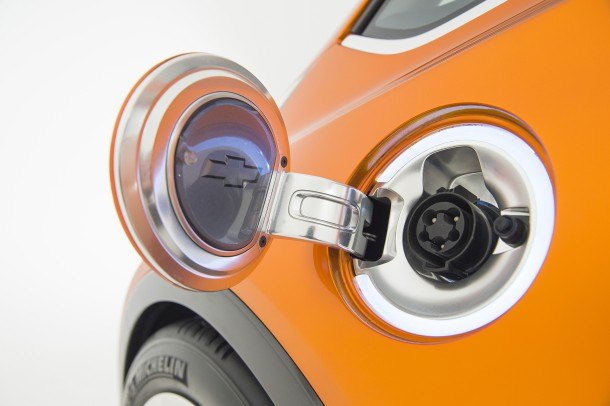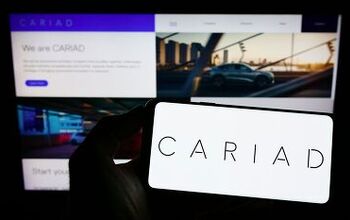3 Views
'Green Cars Only' Laws: Coming to a Debate Near You

by
Steph Willems
(IC: employee)
Published: April 19th, 2016
Share
When you’re in conversation with a self-described urbanist, it’s usually impossible to avoid numerous references to Amsterdam, that progressive utopia of bikes, tulips, marijuana-smoking tourists, and more bikes.Well, expect to hear about it even more, now that Dutch parliament has passed a Dutch Labor Party motion to ban the sale of internal combustion vehicles in that country after 2025, according to Auto Express. The bill, which requires senate approval to become the law of the land, would see existing gas and diesel vehicles grandfathered, and the sale of new ones banned.
#CarBans
#Car-free
#ElectricVehicles
#Environment
#EuropeanUnion
#EVs
#GasolinePrices
#Government
#Netherlands
#Tesla

Steph Willems
More by Steph Willems
Published April 19th, 2016 12:35 PM
Latest Car Reviews
Read moreLatest Product Reviews
Read moreRecent Comments
- SaulTigh Unless we start building nuclear plants and beefing up the grid, this drive to electrification (and not just cars) will be the destruction of modern society. I hope you love rolling blackouts like the US was some third world failed state. You don't support 8 billion people on this planet without abundant and relatively cheap energy.So no, I don't want an electric car, even if it's cheap.
- 3-On-The-Tree Lou_BCone of many cars I sold when I got commissioned into the army. 1964 Dodge D100 with slant six and 3 on the tree, 1973 Plymouth Duster with slant six, 1974 dodge dart custom with a 318. 1990 Bronco 5.0 which was our snowboard rig for Wa state and Whistler/Blackcomb BC. Now :my trail rigs are a 1985 Toyota FJ60 Land cruiser and 86 Suzuki Samurai.
- RHD They are going to crash and burn like Country Garden and Evergrande (the Chinese property behemoths) if they don't fix their problems post-haste.
- Golden2husky The biggest hurdle for us would be the lack of a good charging network for road tripping as we are at the point in our lives that we will be traveling quite a bit. I'd rather pay more for longer range so the cheaper models would probably not make the cut. Improve the charging infrastructure and I'm certainly going to give one a try. This is more important that a lowish entry price IMHO.
- Add Lightness I have nothing against paying more to get quality (think Toyota vs Chryco) but hate all the silly, non-mandated 'stuff' that automakers load onto cars based on what non-gearhead focus groups tell them they need to have in a car. I blame focus groups for automatic everything and double drivetrains (AWD) that really never gets used 98% of the time. The other 2% of the time, one goes looking for a place to need it to rationanalize the purchase.


































Comments
Join the conversation
Again, this will not be implemented, since Holland is not allowed to do this within the EU. And again, the proposal was to forbid the sales of ICE cars by 2025. That means that you can drive your old gas-guzzling clunker way passed the year of 2025. As a matter of fact, Holland still has a fiscal arrangement in which 40 year old cars are road tax exempt.
This is the sort of thing that is regulated at the EU level, so I would not presume that the Dutch parliament has the legal authority to impose such a law.